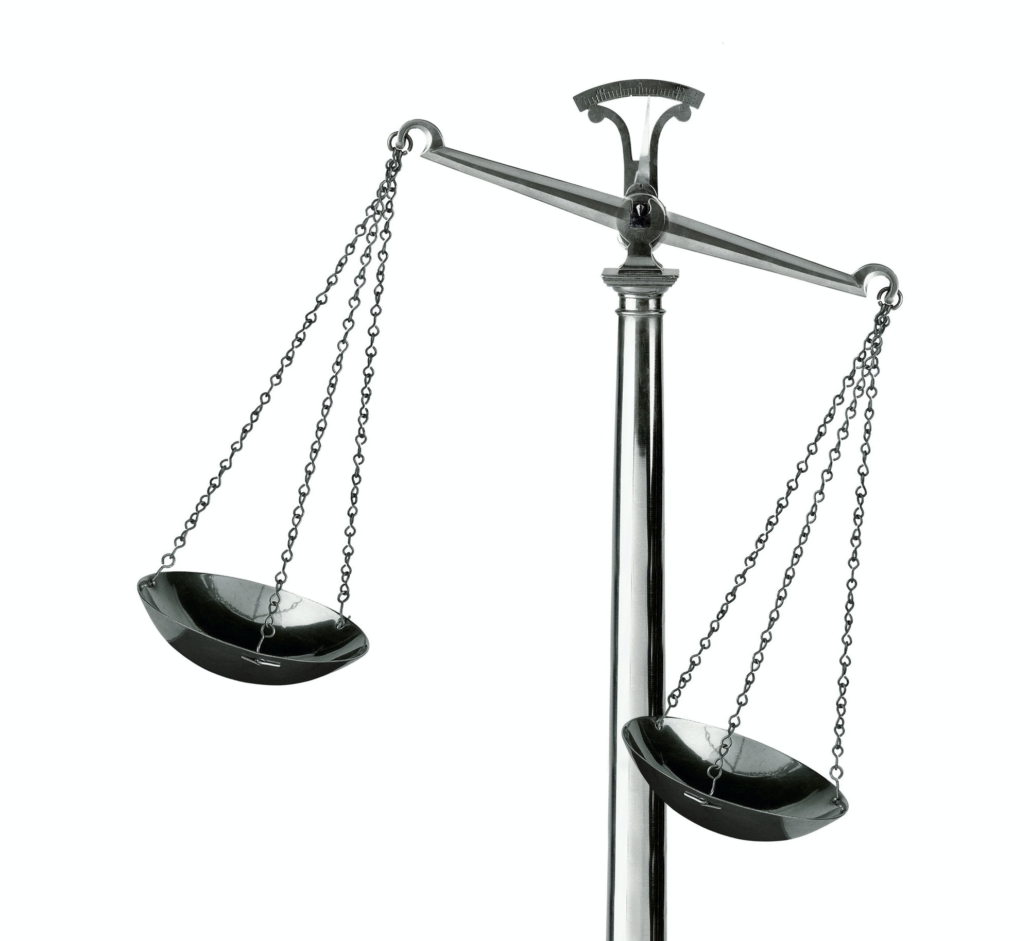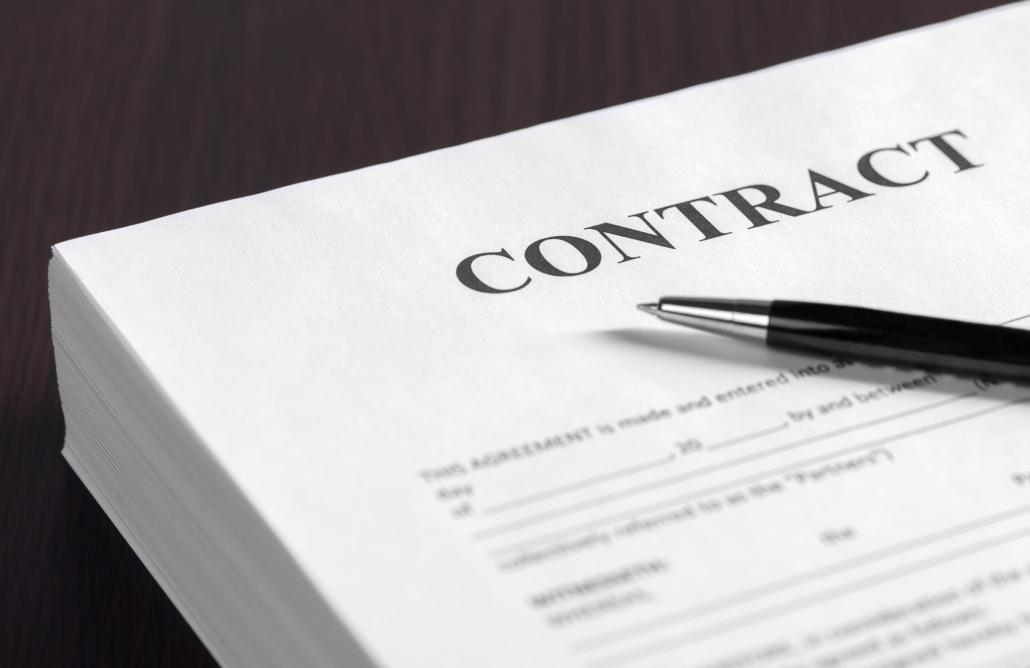The limitation period for freight claims – the exception is the rule for freight compensation claims!
/in Commercial law, Liability law, Nicht kategorisiert, Transportation lawLEGAL+ NEWS
The freight business is mass business. The industry is therefore reliant on being able to “shelve” individual freight orders promptly. For this reason, international freight law, which aims to protect the freight industry, provides for a much shorter limitation period for transport law claims than the standard limitation period. It is not easy to answer the question of which limitation period for freight claims actually applies in a specific case. 1, 2 or 3?
Statute of limitations for air freight
In the case of air transportation, the question is still relatively easy to answer. In general, a so-called limitation period of 2 years applies here (see Art. 35 of the Convention). However, it should be noted that this period only applies to claims for damages against the carrier. In addition, this period also applies in the case of so-called qualified fault, for which land freight law (see below) provides a special regulation. The relevant general statute of limitations rules apply to all other claims in the area of air freight.
Statute of limitations for land transportation
Land freight law is more complicated:
In principle, a short period of only one year applies to all claims “arising from transportation”. This begins with the delivery of the freight or from the day on which it should have been delivered. This legal situation applies – in relation to land transportation – essentially equally in the national (439 HGB) and international area (Art. 32 CMR).
3-year limitation period for freight claims in the event of qualified fault – the rule for freight compensation claims
By way of derogation – again nationally and internationally – a 3-year period applies if the defendant is at fault.
With regard to the main claim (primary claim) of the carrier, it is worth taking a closer look at the legal situation:
In the case of freight claims (carrier’s claim for remuneration), it is already disputed whether the limitation rules under transport law are relevant at all. Based on the statute of limitations under transport law, Section 439 (1) sentence 2 HGB and Art. 32 (1) sentence 2 CMR are of particular relevance to the freight remuneration claim. According to these regulations, claims under transport law only become time-barred after three years if the opposing party is guilty of so-called qualified fault. In the case of refusal to pay freight, this is often the case.
In detail:
BGH ruling of 23.04.2010 (Ref. I ZR 31/08) – Section 439 HGB also covers the claim for performance (freight claim)
Since the statute of limitations rules are primarily aimed at limiting the period in which the shipper can assert claims for loss, damage or delay, it is legitimate to ask whether the short limitation period under transport law also applies to the claim for compensation for the transport service. An understanding according to which only claims for damages are covered, as in the case of air freight (Art. 35 MÜ), is obvious. This question, which was once “hotly” debated, should now be considered clarified by the BGH. In its ruling of 23.04.2010, the BGH stated (Ref. I ZR 31/08):
“(…) According to § Section 439 (1) sentence 1 HGB the limitation period for claims arising from a contract subject to §§ 407 to 452 HGB subject to transportation is generally one year. (…)
The plaintiff is demanding freight compensation for the individual orders not placed in February 2004, (…) Whether the three-year limitation period pursuant to § Section 439 (1) sentence 2 HGB is applicable to primary claims for performance and contractual claims for reimbursement of expenses arising from freight contracts is controversial. (…)
The Senate agrees with the view that the application of the § Section 439 (1) sentence 2 HGB to primary benefit claims is affirmed.
The exception is the rule for freight claims – in practice, freight claims often expire within the period of § 439 para. 2 HGB or Art. 32 para. 2 CMR
The main reason why the application of the § Section 439 (1) HGB on freight claims was controversial, the exception of the § Section 439 (1) sentence 2 HGB. Accordingly, in the case of qualified fault, a 3-year limitation period also applies in transport law. In practice, this often means that freight claims only become time-barred after three years, because in many cases the refusal to pay freight is likely to constitute such qualified fault. Although the BGH may take a different view on the grounds that civil law provides for legal errors as grounds for exoneration, the actual consequence of the current BGH case law is likely to be that in many cases the freight claim only becomes time-barred after 3 years.
Refusal to pay freight regularly constitutes willful non-performance – OLG Frankfurt, judgment of April 15, 2005, Ref. 24 U 11/05
The OLG Frankfurt, which for the same reasons rejected the application of the § Section 439 (1) sentence 2 HGB on claims for performance (see OLG Frankfurt, judgment of April 15, 2005, file no. 24 U 11/05):
“(…) In practical terms, every non-fulfillment of a contractual claim for remuneration and usually also every non-fulfillment of a contractual claim for reimbursement of expenses on the part of the forwarder, the sub-forwarder and the carrier is a willful non-fulfillment. The parties to the freight or forwarding contract always know exactly what they have to pay for the contractual performance of the other party, which services are and have become necessary for the fulfillment of the contractually assumed transport or procurement tasks. From a practical point of view, “non-payment in blameless ignorance” is hardly conceivable.”
This is to be agreed with. As a rule, non-payment of a freight invoice should constitute qualified fault on the part of the client.
Example: Prohibition of offsetting
This is particularly clear if the underlying contract prohibits offsetting against disputed claims. According to the ADSP agreed in many cases, this is the rule (cf. Art. 19 ADSP). In this case, the principal is in clear and intentional breach of the contract of carriage with the consequence that he is at fault.

Conclusion on the limitation period for freight claims and practical tip
If, after all, the client does not pay the freight, although it must be obvious to him that the refusal to pay is unlawful, the assumption of qualified fault is obvious.
In the case of freight claims that are still open after one year, you should therefore always check whether the reason that the client has put forward against your claim is really valid. If not, it is worth checking more closely whether your claim could still be time-barred for the reasons described above.

LATEST ARTICLES

Expert witness biased – can the court still use existing expert opinion?
In a ruling of practical relevance, the Federal Court of Justice clarified whether and in which cases the expert opinion of an expert declared to be biased may be used by the court.

Brief overview: Hague Convention on the Recognition and Enforcement of Foreign Judgments (“Hague Convention”)
LEGAL+ NEWS Brief overview: Hague Convention on the Recognition and

Enforcement of international jurisdiction agreements: What to do in the event of an action from abroad despite an exclusive jurisdiction agreement to the contrary?
In order to avoid costly and unpleasant legal disputes abroad, it is advisable to conclude exclusive jurisdiction agreements with foreign business partners which stipulate that only German courts have jurisdiction. However, it is not uncommon for the business partner to file a lawsuit in their own country in the event of a dispute, contrary to the jurisdiction agreement. In such cases, the question arises: What can be done to enforce international choice of court agreements?
CONTACT

+49 (40) 57199 74 80
+49 (170) 1203 74 0
Neuer Wall 61 D-20354 Hamburg
kontakt@legal-plus.eu
Benefit from my active network!
I look forward to our networking.




















